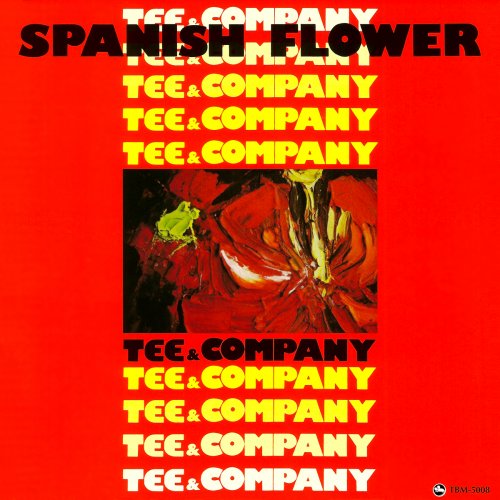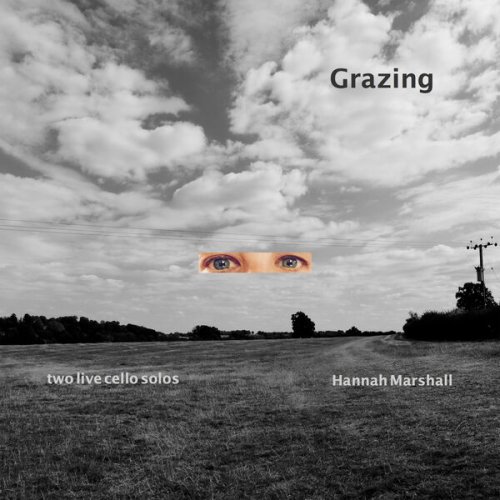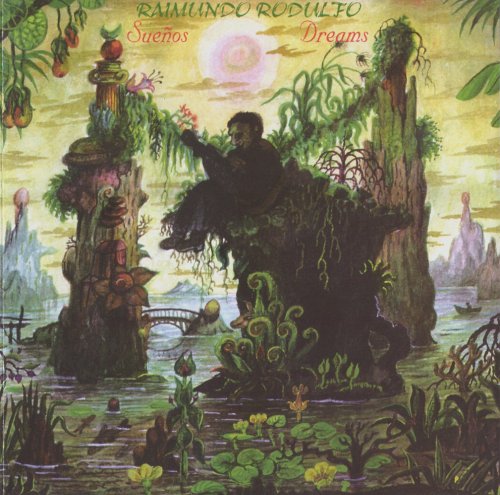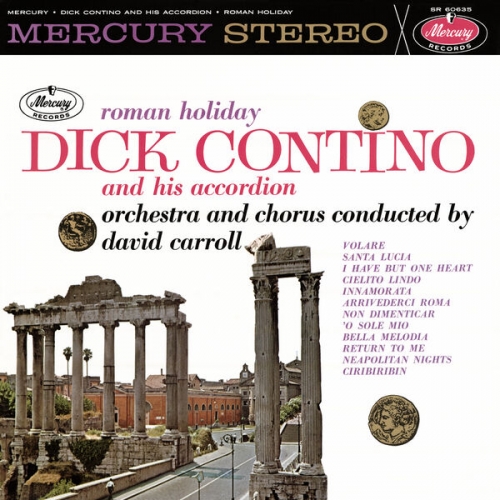Bobby Previte - Mass (2016) FLAC
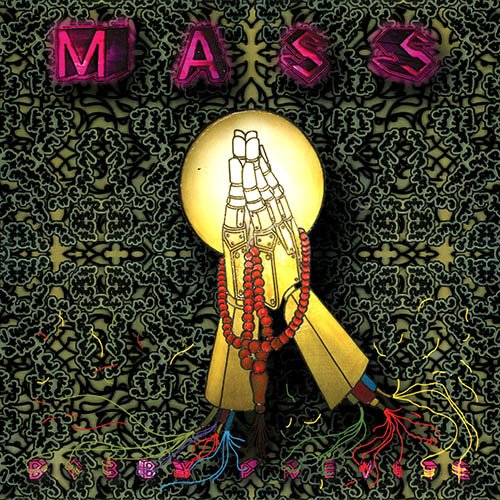
Artist: Bobby Previte
Title: Mass
Year Of Release: 2016
Label: RareNoise Records
Genre: Jazz / Fusion
Quality: FLAC (tracks + .cue, log, scans)
Total Time: 69:31 min
Total Size: 444 MB
WebSite: Album Preview
Tracklist:Title: Mass
Year Of Release: 2016
Label: RareNoise Records
Genre: Jazz / Fusion
Quality: FLAC (tracks + .cue, log, scans)
Total Time: 69:31 min
Total Size: 444 MB
WebSite: Album Preview
1. Introit [5:49]
2. Kyrie [7:34]
3. Gloria [5:09]
4. Alleluia [8:09]
5. Credo [7:38]
6. Offerings [10:08]
7. Sanctus [6:53]
8. Agnus Dei [5:57]
9. Communion [12:05]
Medieval Gregorian and renaissance polyphonic chants have been part and parcel of popular music forever. Since the late '80s they have been used primarily for effect and spectacle rather than as foundational elements. There are notable exceptions, of course, the work of Dead Can Dance for one. Conversely, the rite of the liturgical mass, a plank in the classical canon, has been employed by folk, jazz, and rock and experimental musicians as a means for the purpose of exploration, but formal parameters usually fall by the wayside
On Mass, drummer Bobby Previte and his collaborators have intricately woven the universes of early Renaissance-era liturgical music with heavy metal. It's an interpretation of French-Burgundian composer Guillaume Du Fay's (1397-1474) choral monolith Missa Sancti Jacobi. Previte has been working on the idea for more than a decade. He chose the 11-voice Rose Ensemble, conducted by Jordan Sramek, to deliver the nine-part vocal liturgy. He also enlisted Marco Benevento on pipe organ, guitarists Stephen O'Malley, Don McGreevy, Jamie Saft, and Mike Gamble, and Reed Mathis on bass. Previte plays drums.
On this complex but enlightening encounter between centuries old music and metal, Previte remains completely faithful to the melody in the original work. He's added a jazzman's senses of harmonic and rhythmic invention, and a rock musician's flair for drama and texture. The "Introit" begins with a pipe organ chord answered by a tenor singer; a lone distorted guitar chord and cymbal crash make way for the rest of the Rose Ensemble and Sunn-O)))-esque power drones begin. Mathis' filthy bassline propels Previte and the guitarists into Sabbath-ian terrain, while the vocal group underscores the melody. It's an audacious introduction to this other -- some would say "under" -- worldly encounter. Throughout Mass, Previte offers brilliant arrangements of contrapuntal engagement. The band fills the cracks in the choir's assonance with alternate, disquieting, even jarring harmonics, sharded modes, and tonal inquiry. The "Alleluia" section, with its profoundly moving labyrinthine vocal chart, is contrasted by full-blown six-string riffing, slamming tom-toms, and a throbbing bass. Benevento adds lyrical support to the Rose Ensemble in its latter half; he functions as the third balancing leg, a bridge of communication. The musical interludes in "Credo" find Benevento maneuvering around the voices on a Rheems organ as Previte thunderously improvises. Bluesy Tony Iommi-esque solos, and dirty black and power metal bass and guitar riffs introduce the "Offering" as if it were "Supernaut." The light shines through on the first third of "Agnus Dei," in the Rose Ensemble's a capella singing. Eventually Mathis's bass hum offers support and Previte's cymbal work adds glimmer before Benevento enters stretching the proceeding into otherness. "Communion," introduced by blasting organ dissonance, changes musical shape several times and offers an abundance of improvisation. The Rose Ensemble is the only anchoring presence in the maelstrom. Mass is brilliant. It's alternately yet simultaneously arresting, beguiling, and menacing; it dynamically illustrates the aesthetic scope of color, timbre, and texture between sacred and secular music. This is Previte's masterpiece. -- Thom Jurek
On Mass, drummer Bobby Previte and his collaborators have intricately woven the universes of early Renaissance-era liturgical music with heavy metal. It's an interpretation of French-Burgundian composer Guillaume Du Fay's (1397-1474) choral monolith Missa Sancti Jacobi. Previte has been working on the idea for more than a decade. He chose the 11-voice Rose Ensemble, conducted by Jordan Sramek, to deliver the nine-part vocal liturgy. He also enlisted Marco Benevento on pipe organ, guitarists Stephen O'Malley, Don McGreevy, Jamie Saft, and Mike Gamble, and Reed Mathis on bass. Previte plays drums.
On this complex but enlightening encounter between centuries old music and metal, Previte remains completely faithful to the melody in the original work. He's added a jazzman's senses of harmonic and rhythmic invention, and a rock musician's flair for drama and texture. The "Introit" begins with a pipe organ chord answered by a tenor singer; a lone distorted guitar chord and cymbal crash make way for the rest of the Rose Ensemble and Sunn-O)))-esque power drones begin. Mathis' filthy bassline propels Previte and the guitarists into Sabbath-ian terrain, while the vocal group underscores the melody. It's an audacious introduction to this other -- some would say "under" -- worldly encounter. Throughout Mass, Previte offers brilliant arrangements of contrapuntal engagement. The band fills the cracks in the choir's assonance with alternate, disquieting, even jarring harmonics, sharded modes, and tonal inquiry. The "Alleluia" section, with its profoundly moving labyrinthine vocal chart, is contrasted by full-blown six-string riffing, slamming tom-toms, and a throbbing bass. Benevento adds lyrical support to the Rose Ensemble in its latter half; he functions as the third balancing leg, a bridge of communication. The musical interludes in "Credo" find Benevento maneuvering around the voices on a Rheems organ as Previte thunderously improvises. Bluesy Tony Iommi-esque solos, and dirty black and power metal bass and guitar riffs introduce the "Offering" as if it were "Supernaut." The light shines through on the first third of "Agnus Dei," in the Rose Ensemble's a capella singing. Eventually Mathis's bass hum offers support and Previte's cymbal work adds glimmer before Benevento enters stretching the proceeding into otherness. "Communion," introduced by blasting organ dissonance, changes musical shape several times and offers an abundance of improvisation. The Rose Ensemble is the only anchoring presence in the maelstrom. Mass is brilliant. It's alternately yet simultaneously arresting, beguiling, and menacing; it dynamically illustrates the aesthetic scope of color, timbre, and texture between sacred and secular music. This is Previte's masterpiece. -- Thom Jurek
![Sababa 5 - Ça va Ça va (2026) [Hi-Res] Sababa 5 - Ça va Ça va (2026) [Hi-Res]](https://img.israbox.com/img/2026-02/19/fjh6s1r25i49g9yulzp8ivi4c.jpg)
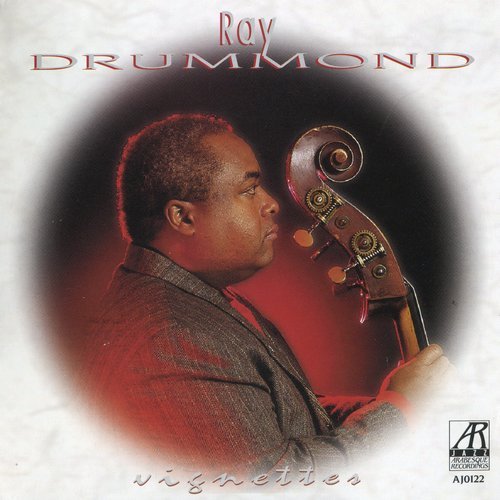

![Joe Pass - Virtuoso (1974) [2025 DSD256] Joe Pass - Virtuoso (1974) [2025 DSD256]](https://www.dibpic.com/uploads/posts/2026-02/1771609997_ff.jpg)

